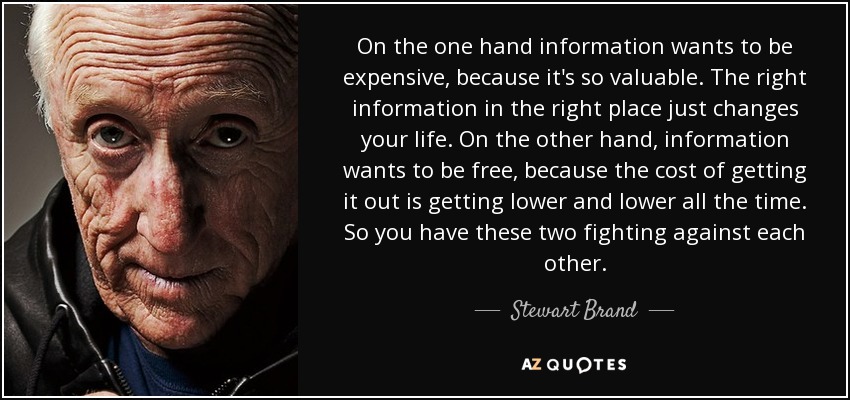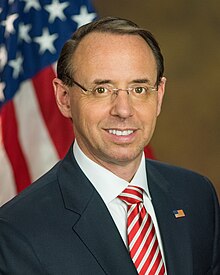The First Party System was our original 1789 start.
The Second Party System began with Andrew Jackson, and Martin Van Buren teaming with him to form the antecedents of the modern Democratic party after original parties disintegrated under Monroe's Era of Good Feelings.
The Third Party System started with Lincoln as first Republican president. Free-soil movements outside the Democratic and Whig parties, as well as some within the party, helped lead to the end of the Whigs and the formation of the new movement.
The Fourth Party System began with McKinley. Republicans worked, as did Democrats, to accommodate at least some ideas of the Populist, then the Progressive, movements.
The Fifth Party System started with FDR. FDR's Democrats had to accommodate surging union rights, then Socialist turned Democrat Upton Sinclair's EPIC and Huey Long's Share the Wealth, which lead FDR to the Second New Deal. Per Robin, myself and many historians and political scientists and contra Wiki's expressed uncertainty, it ended with Jimmy Carter.
We're now in the Sixth Party System. Is it ending, is the question.
And, we need to look at Robin now to consider that.
Robin, and others, postulate four types of presidents, explained at his second link. The first, who will kick off a new system, he calls "reconstructive." The second, he calls an "articulation" president. Think of LBJ working to broaden, deepen and expand the New Deal. The third is a "preemptive" president. These presidents usually come from the minority party in a system, and attempt to pick off elements of the majority party's program while rebaptizing them. Think of Nixon, as Robin says, agreeing to the creation of the EPA, among other things, recognizing that environmentalism was bipartisan, but pandering to whites on things like crime and integration.
The fourth is the "disjunctive" president mentioned up top. Robin notes that previous examples include Carter, Herbert Hoover and Frank Pierce. (I'd add Buchanan here, with the Second Party System ending with back-to-back disjunctive presidents.) They are, or have been in the past, of the presidential majority party, and essentially go down with the ship of a dying program, at least to some degree.
Now, we get to a key point.
Robin notes, as I have outlined above, that other than the fading-away disintegration of the First System, the others up to this point have had their demise hastened by outside pressures. At the same time, he notes that these disjunctive presidents often see the problems and try to reach outside their current structures, to the degree they feel they can.
Now, this didn't happen at all with Pierce-Buchanan. And, arguably, it didn't with Benjamin Harrison. However, Grover Cleveland, second presidency, weirdly acts almost like a Republican in this. It certainly did happen with Hoover, who did try some stimulus, and some parts of which, like the Reconstruction Finance Corporation, carried on under FDR. And Carter, arguably the first fully, or nearly fully, neoliberal Democratic president, deregulated airlines, trucking and other industries.
And, he says that that doesn't really seem to be the case, as he explains in detail at his first link.
Anti-free trade, Trump's one bellwether, has no more support among the ruling class of Democrats than among Republicans. It's the only real way he's reached outside his traditional party.
Is that alone anything like the free-soil movement, Populism or Progressivism? I think not and neither does Robin. Meanwhile, single-payer national health care has yet to reach that critical mass to prod leadership Democrats.
So, are we stuck with a Sixth Party System that won't die, but just becomes more broken? Maybe.
I certainly agree with Robin otherwise. Trump is not a fascist, no more than he's a colluder with Putin. But he does have some other parallels with Carter. Neither won a majority of popular votes in their respective primary drives; related, both had fractured primaries with multiple seemingly viable candidates.
To explain more, and adapted from a response comment by me below.
Robin's idea
is that Trump is not a fascist precisely because he fits in an established arc
of types of presidencies. A disjunctive-type presidency isn't really compatible
with stereotypical fascist actions. I suppose in some sort of theoretical outlier,
you could have a fascist president lurking behind seemingly disjunctive
activities, or you could have an inept fascist who winds up as a disjunctive
president but I see those as really hypothetical.
I don't see
Trump as a non-inept fascist, and to some degree, I think inept fascist is a
contradiction in terms. (Mussolini made the mistake of taking an unprepared
Italy to war; in domestic policy from 1922-1938, he was actually pretty ept, so
he doesn't fit the definition of inept fascist.)
So, with all
that explainer? Robin is showing how pretty much one can't be a fascist and be
a disjunctive president, and then showing how Trump IS a disjunctive president.
Personally,
I've rejected the idea Trump was a fascist from the time he took office, and
for two reasons.
One is that,
like Robin, I don’t think Trump’s a fascist.
The second
is that #TheResistance was near the forefront of calling him a fascist, as an
epithet if nothing else. It was sometimes tied to the Putin collusion claims,
and we’ve seen how wrong it was on that. Even if it/Donut Twitter HAD been
partially right, I wasn’t going to play along.
BUT … Corey notes previous great alignments have had outside pressures too and none currently exist.
What we seem to be mooting now is a purely political reconstruction, shorn of the social movements that helped make previous left reconstructions what they were.
Robin notes that this means the increased polarization of
the two mainstream parties is less open to outside movements.
If he’s right, then maybe we’re still in the Sixth Party System, and assuming Trump loses and it’s not to Bernie Sanders, the transition goes on for a while — if we’re even going to be in a transition.
And, if he's right, it's all the more reason to not be tempted by the duopoly.
If he’s right, then maybe we’re still in the Sixth Party System, and assuming Trump loses and it’s not to Bernie Sanders, the transition goes on for a while — if we’re even going to be in a transition.
And, if he's right, it's all the more reason to not be tempted by the duopoly.



